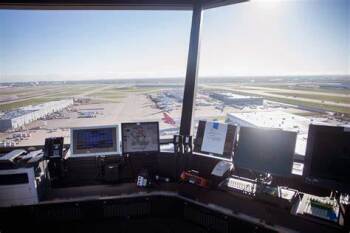Recently, we published an article on how the air traffic controller (ATC) crisis has become a problem in America. Controller shortages and longer hours have made the job increasingly demanding for those who go into the profession. The situation is becoming more pronounced but is not particularly global.
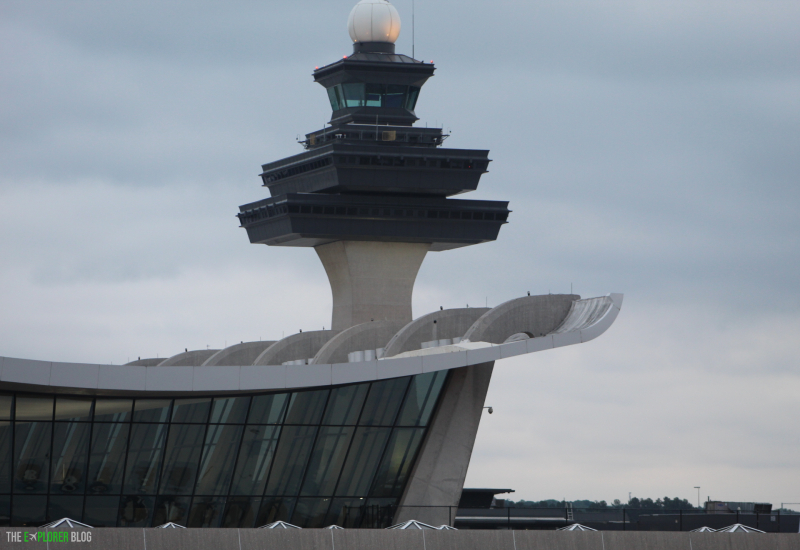
That said, recent accidents - namely the collision of Japan Airlines 516 and a DHC Dash-8 - have increased scrutiny of air traffic control decisions involving human communication. This is to say that there have been calls for, and possibly a need for, ATC to be phased into a system of artificial intelligence in the future to safeguard the aviation industry's safety.
ATC is a particularly niche industry in that it is high-paying compared to other professions but requires employees to be very well-trained and highly skilled in communication. In that sense, it is not a job for everyone and is extremely context-based. Those who control the skies must have elevated levels of situational awareness and be focused for extended periods. No doubt AI can manage a variety of inputs at once, but for AI to work, it must possess a level of expertise currently only possessed by humans.
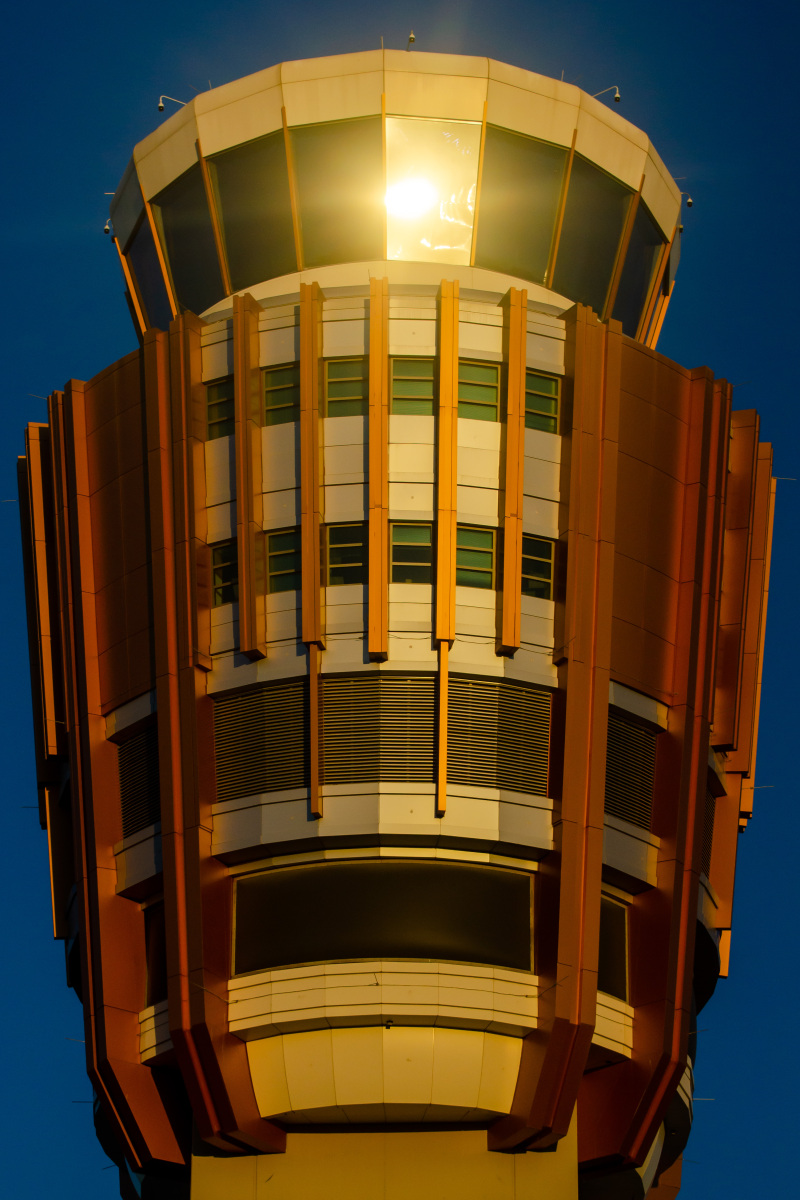
Conversely, the problems seeping into the industry, at least within America, are distinctly human challenges. Higher stress levels and poor sleep quality can greatly influence the decision-making abilities of human controllers, but AI would be immune to mental and physical health challenges. AI would also relieve the economic burden of paying controllers. Most controllers make over six figures a year, and downsizing control infrastructure and staff can help save airport operators large sums of money.
There are real-world examples of airports not being controlled by humans in the tower for this purpose. Scandinavian Mountains Airport (SCR) became the first airport to be controlled via a remote computer when it opened in December 2019. While the concept is far from the level of AI replacement, virtual towers have been gaining traction to control small airports and uncrowded airspaces without being on-site.
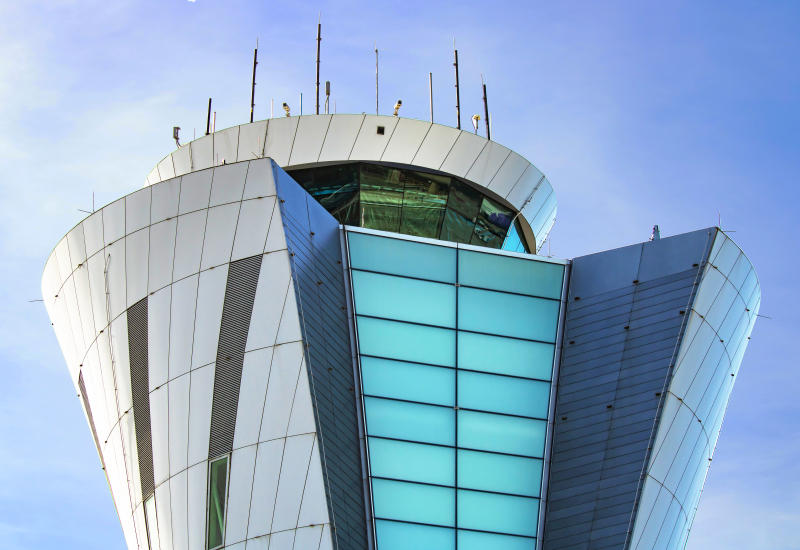
Ultimately, AI will likely struggle to fully replace human controllers, given the pendulum of changing events at an airport daily. In emergencies where extreme skill is required by controllers to stack planes correctly at holding patterns or to align planes perfectly on approach or the tarmac, it will be difficult for AI to acquire that level of precision. Undoubtedly, it is possible, but it will take time and extensive testing at smaller airports.
Controllers should not worry about AI taking over their jobs. Admittedly, introducing AI into ATC could reduce controllers' current burden if AI can manage certain tasks and reduce controllers' workload. One-on-one conversations likely will require human intervention, but AI can still assist in monitoring, creating visual aids, etc. We are still years from this reality, but we can expect ATC to change as aviation changes and improves.
Comments (0)
Add Your Comment
SHARE
TAGS
INFORMATIONAL Air Traffic Control ATC Artificial Intelligence Future Technology Airport Work ConditionsRECENTLY PUBLISHED
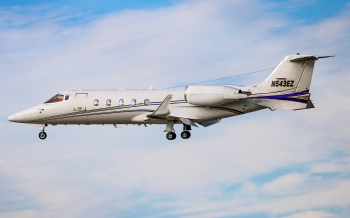 Learjet Owned By Vince Neil Crashes Into Gulfstream Jet, 1 Fatality Confirmed
On February 10th, around 14:30 local time, a Learjet private jet aircraft crashed into another private jet after landing at Scottsdale Airport (SCF) in Arizona.
NEWS
READ MORE »
Learjet Owned By Vince Neil Crashes Into Gulfstream Jet, 1 Fatality Confirmed
On February 10th, around 14:30 local time, a Learjet private jet aircraft crashed into another private jet after landing at Scottsdale Airport (SCF) in Arizona.
NEWS
READ MORE »
 Seattle Plane Strike 2025: Japan Airlines and Delta Collision Raises Safety Concerns
Seattle-Tacoma International Airport saw a concerning incident on Wednesday morning when a Japan Airlines (JAL) plane clipped a parked Delta Air Lines jet while taxiing. Thankfully, no one was injured, but passengers described the collision as a frightening experience.
NEWS
READ MORE »
Seattle Plane Strike 2025: Japan Airlines and Delta Collision Raises Safety Concerns
Seattle-Tacoma International Airport saw a concerning incident on Wednesday morning when a Japan Airlines (JAL) plane clipped a parked Delta Air Lines jet while taxiing. Thankfully, no one was injured, but passengers described the collision as a frightening experience.
NEWS
READ MORE »
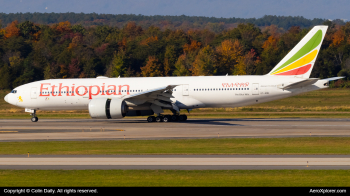 Ethiopian Airlines Expands Cargo Fleet with New Boeing 777 Freighter
Ethiopian Airlines has expanded its cargo fleet with a brand-new Boeing 777 Freighter, registered as ET-BAB (MSN 68140). The aircraft was delivered directly from Boeing’s factory in Everett, Washington, USA, and landed at Addis Ababa Bole International Airport at 3:41 PM (GMT+3) on Wednesday, January 22, 2025.
NEWS
READ MORE »
Ethiopian Airlines Expands Cargo Fleet with New Boeing 777 Freighter
Ethiopian Airlines has expanded its cargo fleet with a brand-new Boeing 777 Freighter, registered as ET-BAB (MSN 68140). The aircraft was delivered directly from Boeing’s factory in Everett, Washington, USA, and landed at Addis Ababa Bole International Airport at 3:41 PM (GMT+3) on Wednesday, January 22, 2025.
NEWS
READ MORE »



